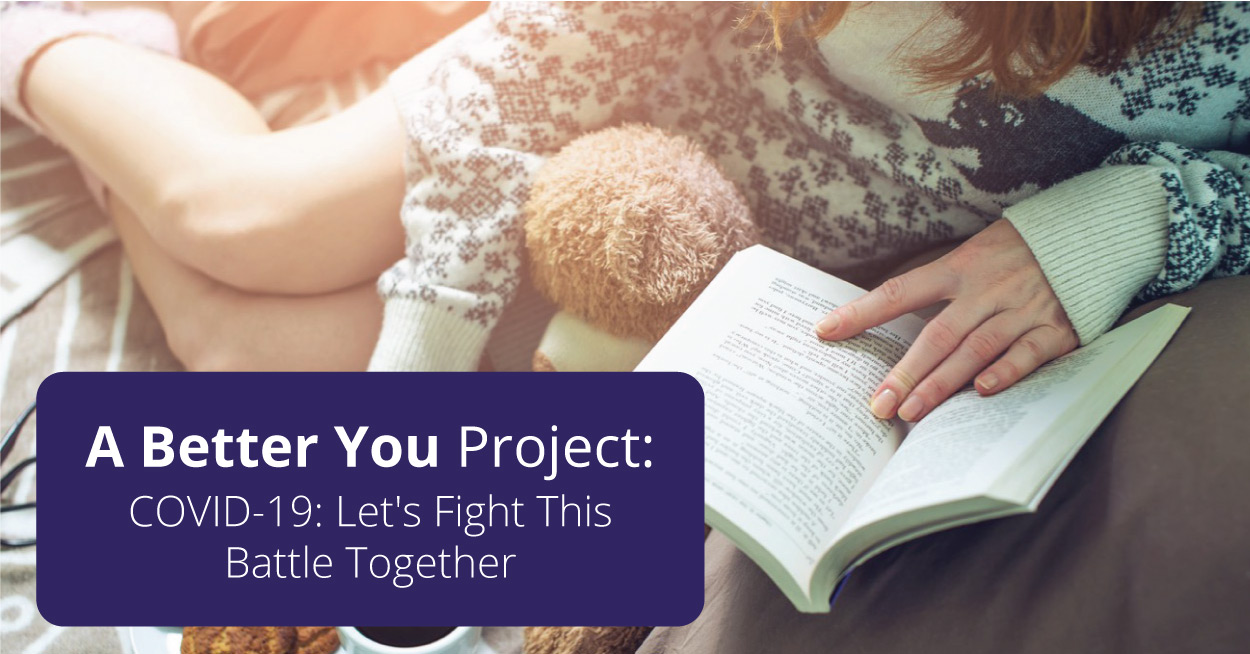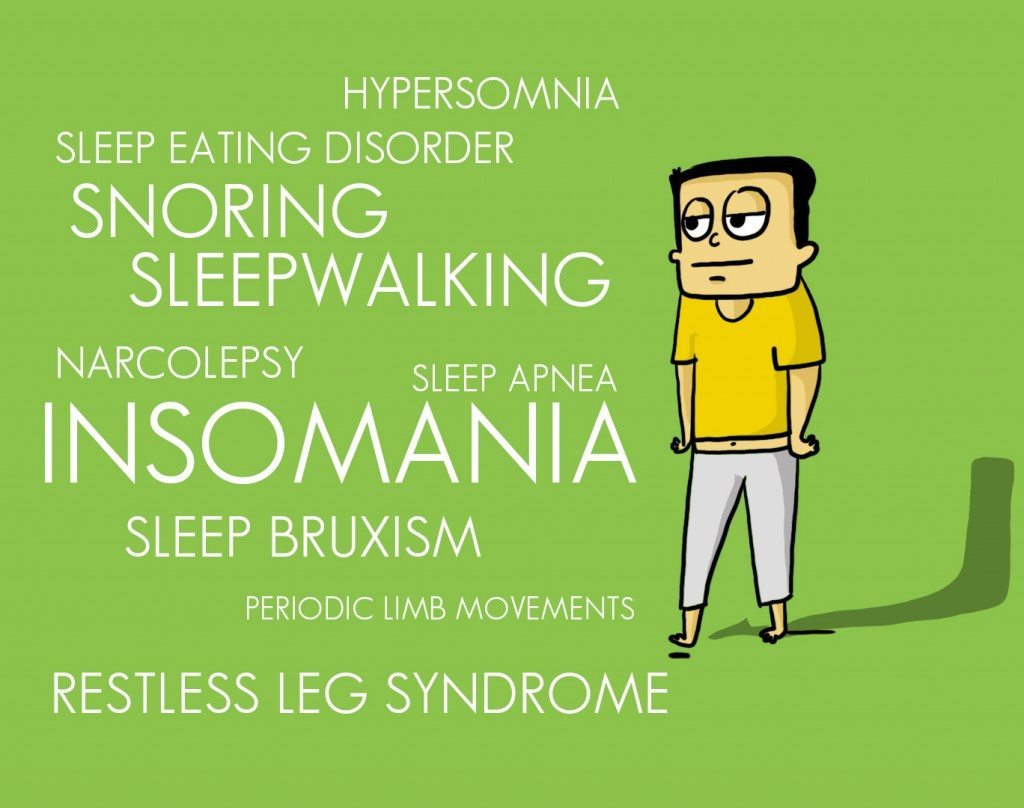A good night sleep has innumerable physiological as well as psychological benefits. It helps our body rest and recuperate, and is also responsible for optimum cognitive functioning.
Following are healthy sleep habits, collectively known as ‘Sleep Hygiene’ practices. Adopting these shall help improve your quality of sleep.
- Set a routine : Try to fix a time to get up and to get to bed and be regular to it so that your biological clock is adjusted accordingly.
- Bed equals Sleep : Utilize your bed only to sleep and for sexual activities but not to study, do work, etc. it will help your brain associate bed with sleep only.
- Workout : Exercise helps balance release of an optimum level of neurotransmitters in the brain thus regulating the sleep cycle.
- Nap time : Try to avoid frequent napping during the day. However, taking a 15-20 minute nap post lunch (known as ‘Vamkukshi’ in Sanskrit) sleeping on your left side, is good for health.
- Watch what you eat : Try not to consume heavy meals right before bed time. Drinking warm milk before bedtime can help as it contains Tryptophan (both plant based and animal milk contain tryptophan).
- Lights out : try to keep your bedroom dark (or have just dim light). Light receptors are present in the brain which forms an important part of our sleep cycle regulation.
- Shower : A warm shower before bedtime helps as the body temperature would rise and then decrease. This change in body temperature is associated with being sleepy.
- Avoid Stimulants : Avoid consuming coffee, nicotine, etc. from evening onward as these stimulate the brain making it hard for sleep to get induced.
- Avoid Alcohol : Avoid drinking alcohol close to bedtime. It is a depressant and may help you fall asleep initially, but it causes frequent waking up later in the night.
- Don’t try too hard : If you wake up and are not able to sleep again within 15 minutes, get up from your bed, move to another relaxing place and do some activity that relaxes you, be it music, art, reading, writing, etc. After that, go to bed only when you start feeling sleepy.
- Sleep inducing practices : You can practice relaxing routines (deep breathing, meditation, listening to soft music, reading something light) before going to bed that get associated with sleep and prepare you for it.
- Natural Light : Get exposed to natural light as much as you can. Since day time to night, expose yourself to the changes in light as our brain has receptors that respond to light based cues.
- Room Temperature : Keep room temperature stable. Frequent alteration in room temperature leads to dreams, and also to poor quality of sleep.
- Light bites : Light snack can help beat hunger pangs before bedtime. So, go for something that does not take a toll on your metabolism.
- Express yourself : Maintaining a diary or journal helps release a lot of stress experienced throughout the day.
- Gadget Curfew : You can curb using gadgets, facing bright screens (TV, phone, laptop, tablet, etc.) two hours before the bedtime.
- Soothing Aromas : Aromas such as lavender and chamomile help activate sleep by activating sleep inducing mechanisms in your brain.
- Pillow Position : Make sure your body is in a comfortable position over the pillow so that your head and neck do not get strained.
- Visualization : Visualizing relaxing imagery can help you feel more soothing and help your brain as well as body rest better.
- Acknowledge your blessings : Note down all that you feel grateful for from the day’s events. it can be anything small or very significant.
“Sleep is that golden chain that ties health and our bodies together.” – Thomas Dekker




